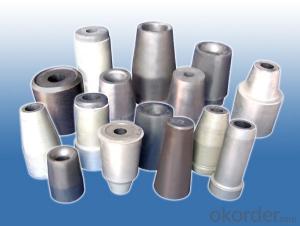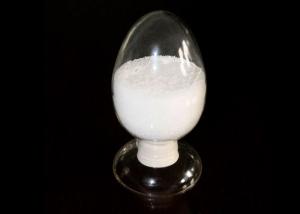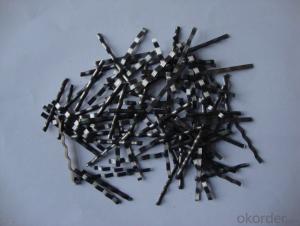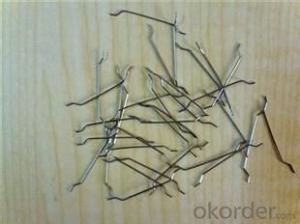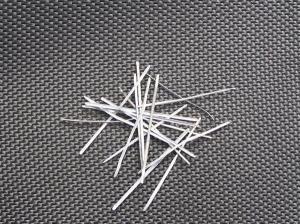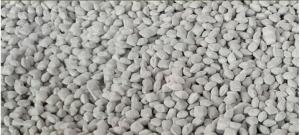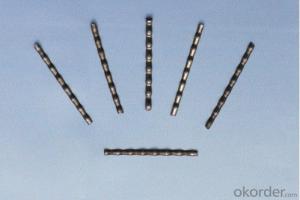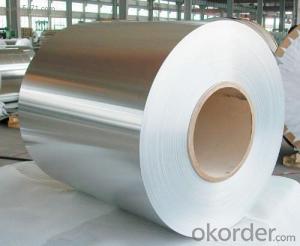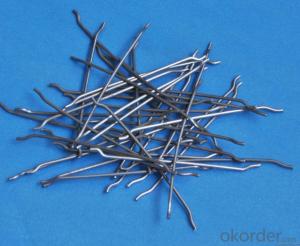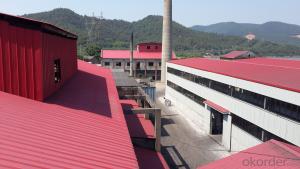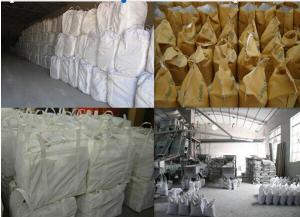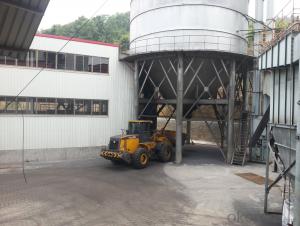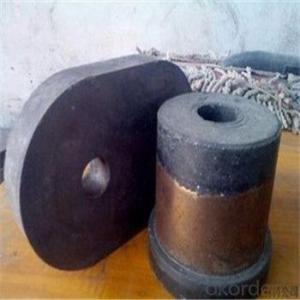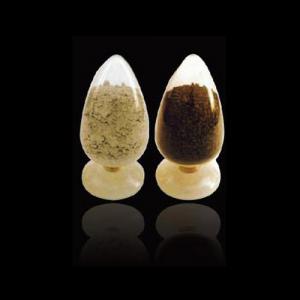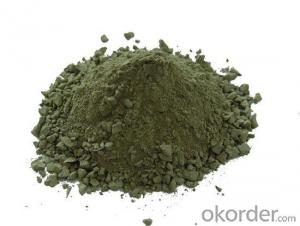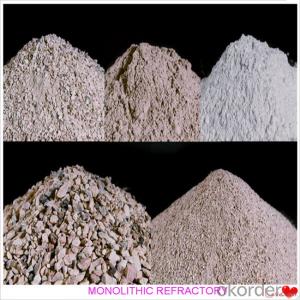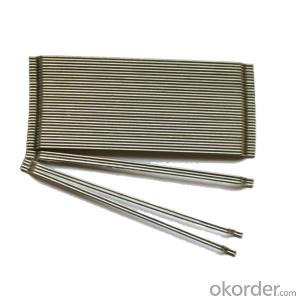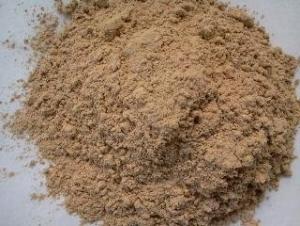All Categories
- - Steel Wire Rod
- - Steel Coils
- - Steel Profiles
- - Steel Pipes
- - Stainless Steel
- - Tinplate
- - Special Steel
- - Steel Sheets
- - Steel Rebars
- - Steel Strips
- - Hot Rolled Steel
- - Cold Rolled Steel
- - Pre-painted Steel
- - Seamless Steel Pipe
- - Welded Steel Pipe
- - Hollow Steel Tubes
- - Galvanized Pipe
- - Stainless Steel Coil
- - Stainless Steel Sheet
- - Stainless Steel Plate
- - Stainless Steel Strips
- - Electrolytic Tinplate Coil
- - Electrolytic Tinplate Sheet
- - Stainless Steel Rebars
- - Solar Panels
- - Solar Water Heater
- - Solar Related Products
- - Solar Inverter
- - Solar Cells
- - Solar Light
- - Solar Energy Systems
- - Solar Controllers
- - Solar Mounting System
- - Solar Pump
- - Solar Chargers
- - Fiberglass Chopped Strand
- - Fiberglass Mesh Cloth
- - Composite Pipes
- - FRP Pultrusion Profiles
- - Fiberglass Mat Tissue
- - Fiberglass Fabrics
- - Fiberglass Mesh
- - Composite Tank
- - Fiberglass Mesh tape
- - Polymer
- - FRP Roofing Panel
- - Fiberglass Roving
- - Monolithic Refractories
- - Ceramic Fiber Products
- - Refractory Bricks
- - Raw Materials For Refractory
- - Suspended Platform
- - Cranes
- - Concrete Machinery
- - Earthmoving Machinery
- - Building Hoist
- - Road Building Machinery
- - Plastic Pipe Fittings
- - Plastic Tubes
- - Plastic Sheets
- - Agricultural Plastic Products
- - Plastic Nets
Q & A
How do monolithic refractories perform in coating applications?
Monolithic refractories perform exceptionally well in coating applications due to their ability to form a protective lining that prevents the substrate from coming into direct contact with harsh environments. This lining not only provides excellent resistance against chemical attacks, thermal shocks, and abrasion, but also ensures a smooth and homogeneous surface finish. Additionally, monolithic refractories offer easy installation and repair, making them highly suitable for coating applications in various industries, such as steelmaking, petrochemical, and cement production.
How do monolithic refractories contribute to reducing the environmental footprint of industrial processes?
Monolithic refractories play a crucial role in reducing the environmental footprint of industrial processes due to their superior thermal efficiency and durability. By providing excellent insulation, these refractories help to minimize heat loss and energy consumption in various applications such as furnaces, kilns, and boilers. This leads to reduced greenhouse gas emissions and lower fuel requirements, resulting in a significant decrease in the carbon footprint of industrial processes. Furthermore, the long lifespan and resistance to chemical attack of monolithic refractories reduce the need for frequent replacements, thereby reducing waste generation and promoting sustainability in industrial operations.
How do monolithic refractories provide thermal insulation?
Monolithic refractories provide thermal insulation by forming a dense and continuous structure that minimizes heat transfer through conduction, convection, and radiation. Their low thermal conductivity and high heat resistance properties help to maintain a stable temperature inside the insulated area, protecting the surrounding environment from excessive heat loss or gain.
Can monolithic refractories be used in contact with food products?
No, monolithic refractories should not be used in direct contact with food products.
How do monolithic refractories handle carbon monoxide attack?
Monolithic refractories are highly resistant to carbon monoxide attack due to their dense and homogeneous structure. They have a high level of thermal stability, which prevents the penetration of carbon monoxide gas into the material. Additionally, monolithic refractories possess strong chemical inertness, minimizing any reaction between the refractory and carbon monoxide. This makes them an ideal choice for applications where carbon monoxide exposure is present.
Wholesale Monolithic Refractories from supplier in Switzerland
We are a Monolithic Refractories supplier serving the Switzerland, mainly engaged in the sale, quotation, and technical support services of various Monolithic Refractories products in the Switzerland region. We are a subsidiary platform of the Fortune Global 500 company CNBM, able to provide you with one-stop Monolithic Refractories procurement services in the Switzerland. Not only do we have a wide range of Monolithic Refractories products, but after years of market development in the Switzerland, we can also provide valuable experience for your projects.
Hot Search
- Monolithic Refractories in Dominica
- Ceramic Fiber Products in Togo
- Refractory Bricks in Oman
- Raw Materials For Refractory in Guatemala
- Raw Materials For Refractory in Kenya
- Raw Materials For Refractory in Spain
- Ceramic Fiber Products in Palestine
- Ceramic Fiber Products in Serbia
- Ceramic Fiber Products in Tonga
- Refractory Bricks in Indonesia
